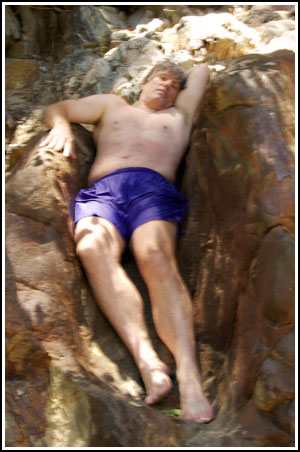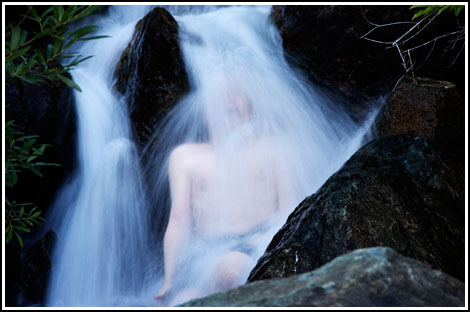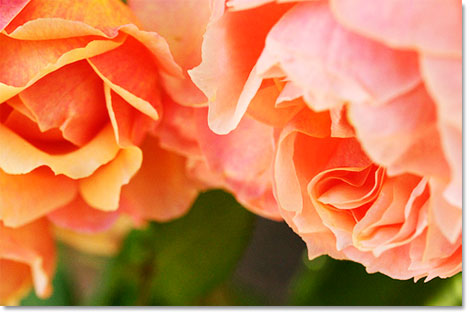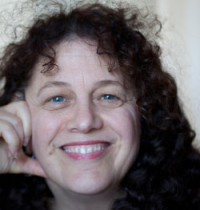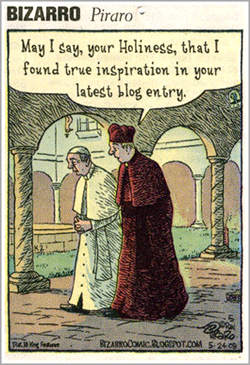
As part of my recent focus on living a more balanced life (as opposed to continuing on in the over-scheduled madness of what I will now call "my past"), I'm implementing a number of practices to sustain my good intentions.
These include giving myself more time to read, one of the elemental pleasures of my “real life” (the one I've decided to claim), and what is perhaps even more exquisite, to talk about what I’m reading with other intelligent human beings (that's you! :-).
To this end, I recently caught up with several articles I’d laid aside until there was "time" for them… and I found some interesting correspondences between them.
Reading a piece on digital identity and security in the New York Times, "Brave New World of Digital Intimacy" by Clive Thompson, the last few paragraphs piqued my interest:
“It is easy to become unsettled by privacy-eroding aspects of awareness tools. But there is another — quite different — result of all this incessant updating: a culture of people who know much more about themselves.
Many of the avid Twitterers, Flickrers and Facebook users I interviewed described an unexpected side-effect of constant self-disclosure. The act of stopping several times a day to observe what you’re feeling or thinking can become, after weeks and weeks, a sort of philosophical act. It’s like the Greek dictum to “know thyself,” or the therapeutic concept of mindfulness. (Indeed, the question that floats eternally at the top of Twitter’s Web site — “What are you doing?” — can come to seem existentially freighted. What are you doing?)
Having an audience can make the self-reflection even more acute, since, as my interviewees noted, they’re trying to describe their activities in a way that is not only accurate but also interesting to others: the status update as a literary form.”
What a marvelous observation and an altogether different perspective on the opportunities opened up by web 2.0…
I've certainly found that writing regular blog posts increases the depth of my own self-knowledge and understanding; why not extend that mindfulness further and consciously apply the same self-awareness in some of my other digital communications?
Then, in the latest Shambhala Sun, an article from Pema Chodron, called “Waking up to Your World”:
“One of the most effective means for working with that moment when we see the gathering storm of our habitual tendencies is the practice of pausing, or creating a gap. We can stop and take three conscious breaths, and the world has a chance to open up to us in that gap. We can allow space into our state of mind.”
This strikes me as a distinct window for opening the opportunity inherent in Twitter's question "What am I doing?" as the ultimate mindfulness exercise.
I've mentioned my "slow work" group; one of the members has been using the practice Pema suggests throughout his day as a way to stay awake to the habitual patterns of his normal workday, and interestingly he is also just discovering the world of social media and beginning to Twitter. The other day he told me about a group of people on Ning who are using Twitter to aid them in a similar mindfulness practice, as a way to check in and support each other throughout the day. They're called Twit2Fit.
There are of course all kinds of purposes to which one can put social media, but using Twitter to develop self- awareness brings a whole new dimension to the digital evolution.

